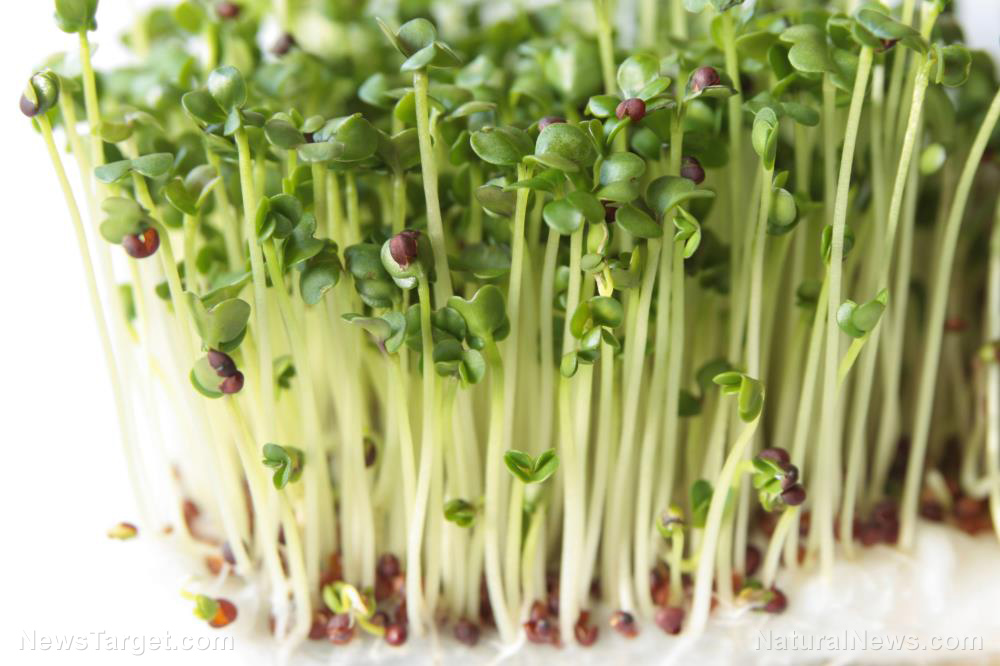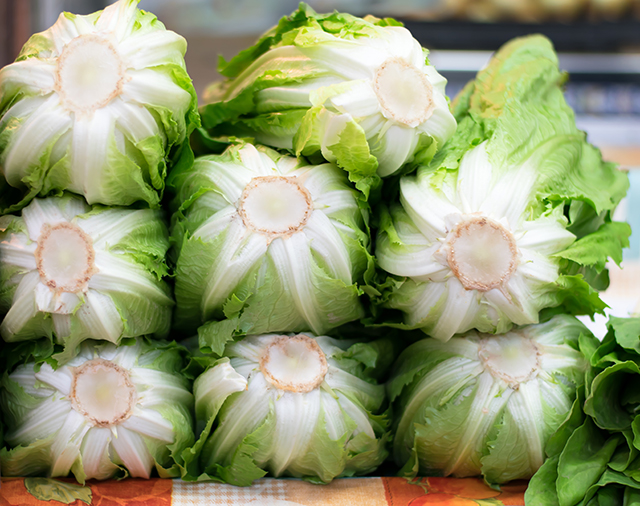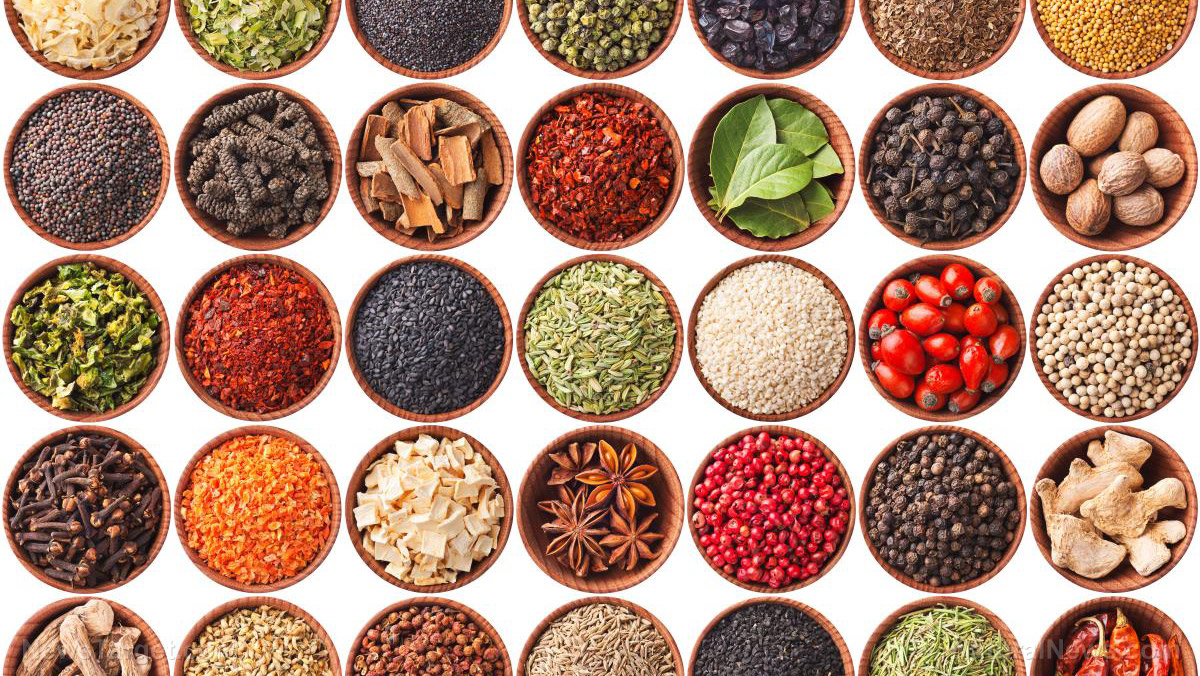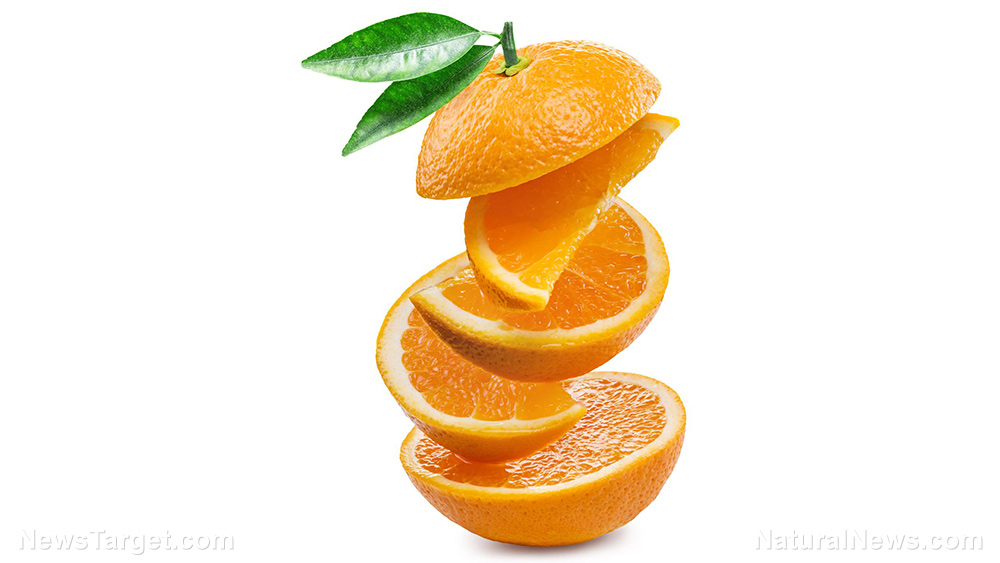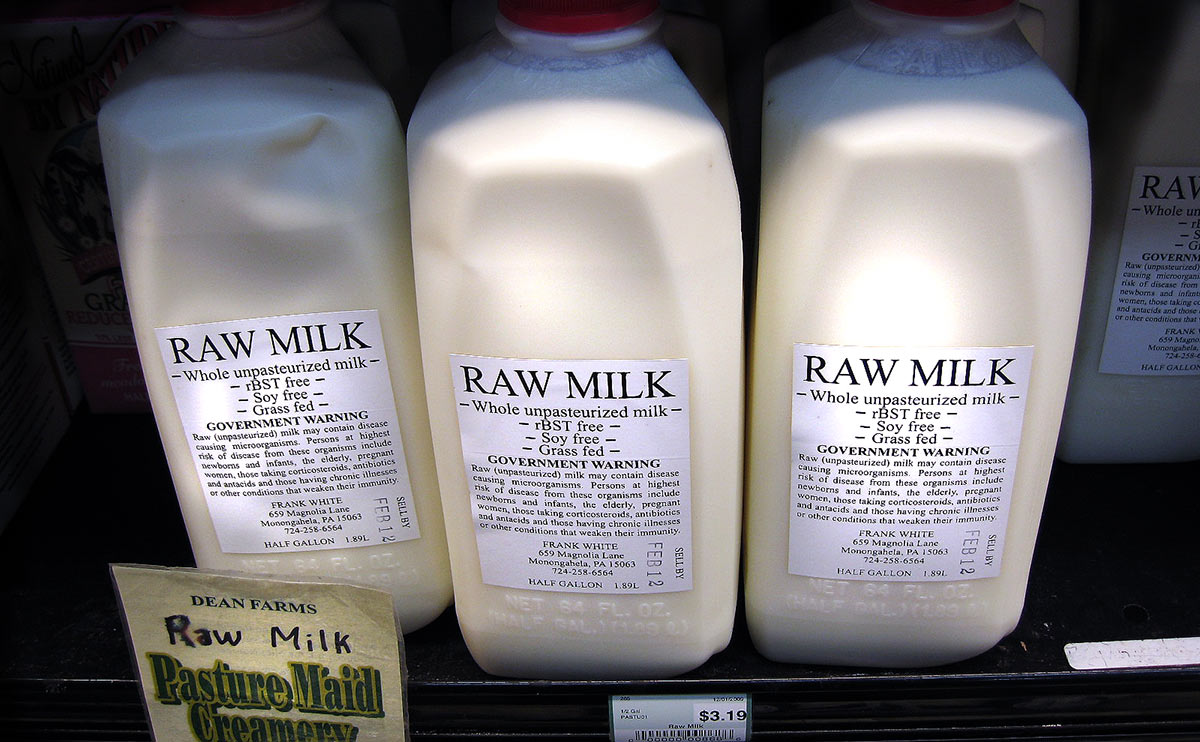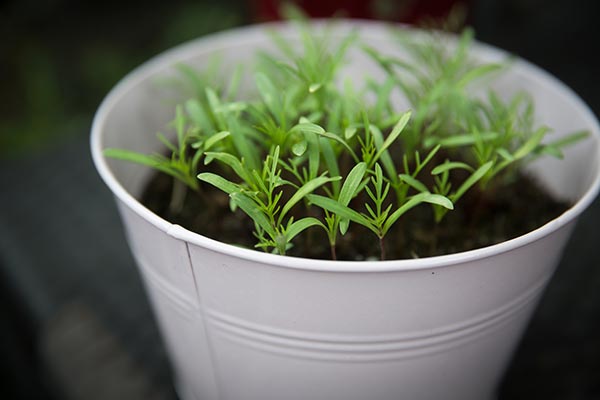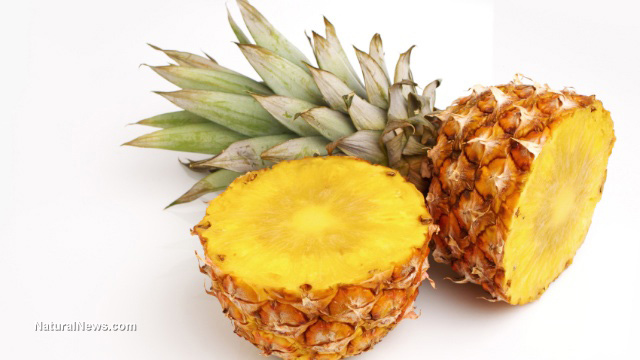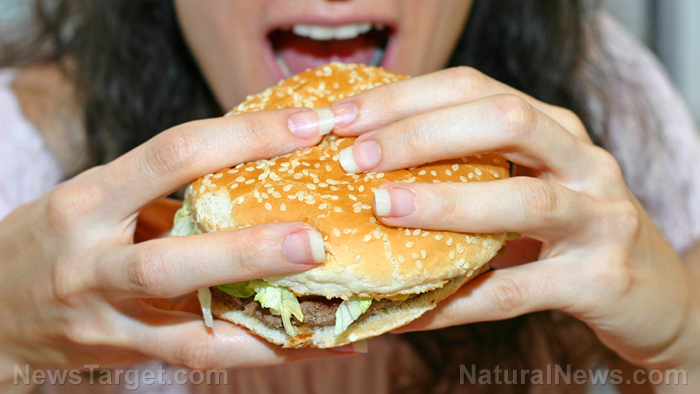Stages of hair growth and superfoods that promote hair health
01/25/2021 / By Divina Ramirez

The condition or appearance of the hair reflects the state of an individual’s overall health. The cells that make up each strand of hair require a steady supply of key nutrients to maintain their structure and natural shine.
However, there are multiple factors that influence hair growth, and knowing what these factors are could help determine the health of your hair. These factors include age, sex and genetics.
Moreover, people do not grow hair at the same rate. On average, hair grows between 0.5–1.7 centimeters per month. But men tend to grow hair faster than women.
Stages of hair growth
To better understand how hair grows, it might help to look at the stages it goes through. There are four main stages of hair growth:
- Anagen – During this phase, hair follicles push out hairs that will grow until they naturally fall out or are cut. At any given time, 90 percent of the hairs on an adult’s head are in the anagen phase.
- Catagen – During this phase, hair follicles begin to shrink and hair growth slows. The hair strand will also separate from the bottom of the hair follicle.
- Telogen – During this phase, new hairs will form in the follicles that just released hair in the catagen phase.
- Exogen – During this phase, the new hairs will continue growing in the follicles until old hairs fall off. People normally lose about 50–100 strands of hair during the exogen phase.
Best foods for healthy hair
Research suggests that diet plays a key role in keeping hair healthy. This is because hair follicle cells are some of the most metabolically active cells in the body. They require calories, protein, fatty acids and other essential nutrients to produce healthy hair. These nutrients include:
- Biotin – Biotin is a B vitamin that plays a key role in creating healthy nails, skin and hair. Biotin deficiency leads to hair loss. (Related: More than good hair and clear skin: Biotin helps the body in many ways.)
- Iron – Iron is needed to produce hemoglobin in the blood. Hemoglobin carries oxygen that hair follicle cells need to produce healthy hair. For this reason, iron deficiency may cause hair loss.
- Vitamin C – This antioxidant improves the production of collagen, the structural protein that protects hair follicles from damage and prevents hair thinning. Vitamin C also improves iron absorption.
- Vitamin D – Vitamin D stimulates both old and new hair follicles to promote hair growth. Having low levels of this nutrient can lead to alopecia areata, a condition that causes hair to fall out in small patches, creating bald spots.
- Vitamin E – Vitamin E protects the scalp from oxidative stress. It also preserves the scalp’s protective lipid layer.
On that note, the following foods provide high amounts of nutrients needed to maintain strong and thick hair:
- Nut butter – Nut butters are incredibly rich in vitamin E. In fact, just one tablespoon of almond butter contains nearly 3.87 milligrams (mg) of vitamin E, or 25 percent of the recommended daily allowance.
- Tangerine – Snacking on tangerine, a fruit rich in vitamin C, helps the body better absorb iron.
- Salmon – Essential fatty acids in oily fishes like salmon help keep the hair shiny. These fatty acids also protect the scalp from inflammation that could otherwise cause hair shedding.
- Guava – Guava is a tropical fruit that contains high levels of vitamin C. One guava may contain four to five times more vitamin C than an orange.
- Eggs – Eggs contain a hair-healthy combination of biotin and vitamin D.
- Liver – Organ meats like liver are especially abundant in iron, a nutrient needed for healthy circulation in the scalp.
- Lentils – Lentils contain folic acid, a B vitamin essential for red blood cell production.
- Spinach – In addition to its high iron content, spinach boosts sebum production in the scalp. Sebum is an oily substance that protects hair from damage and keeps it moisturized.
- Blueberries – The antioxidants in blueberries help protect the hair from oxidative stress. Additionally, they help keep the scalp healthy.
- Red bell peppers – These sweet and colorful peppers contain high concentrations of vitamin C, which is necessary for hair growth and scalp health.
Nutrition influences hair growth and scalp health. To ensure that your hair grows long and strong, follow a healthy diet and make sure to eat foods containing nutrients that are essential for hair growth.
Learn more about the best superfoods for healthy hair at Superfoods.news.
Sources include:
Tagged Under: food is medicine, Fresh, functional food, hair health, healthy hair, natural health, nutrients, nutrition, tips
RECENT NEWS & ARTICLES
COPYRIGHT © 2017 FRESH NEWS


